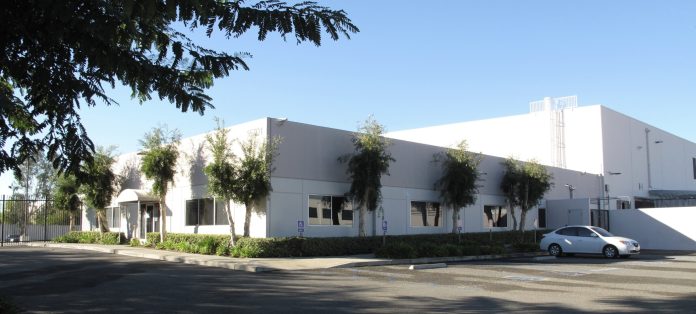Prologis Acquires PepsiCo West Coast Facilities in Major Industrial Deal
Global logistics real estate leader Prologis has acquired two major industrial properties from PepsiCo in the Los Angeles area, marking one of Southern California’s largest industrial real estate deals of the year. The transaction, valued at nearly $138 million, underscores increasing demand for strategically located distribution hubs in supply chain-critical markets.
The properties, located in the cities of Rancho Cucamonga and Riverside, encompass more than 1 million square feet combined. Both facilities are situated in the Inland Empire, considered one of the most vital industrial corridors in the U.S. and a key logistics gateway for West Coast distribution. The Inland Empire continues to attract significant investor interest due to its proximity to the Ports of Los Angeles and Long Beach and its access to a vast consumer base.
The Rancho Cucamonga site was sold for approximately $74 million, while the Riverside facility traded for around $64 million. Prologis’ acquisition reflects its continued strategy of expanding its footprint in infill markets with high barriers to entry and robust e-commerce demand.
For FMCG companies, the deal signals growing competition for prime logistics space, especially as brands seek to reduce lead times and build resilience across distribution networks. The proximity of these sites to major highways and transport infrastructure can offer notable efficiencies for CPG players managing West Coast operations.
Industrial vacancy rates in the Inland Empire remain below the national average, with continued upward pressure on rents driven by scarce supply and sustained demand from retailers, manufacturers, and 3PLs. According to multiple industry reports, average industrial asking rents in the region have increased over 60% since 2020, adding cost pressures for FMCG firms operating in or entering the market.
The purchase further reinforces Prologis’ leadership in California’s logistics real estate, a critical backbone for FMCG distribution and last-mile fulfillment. Industry watchers expect this acquisition to heighten competition among FMCG brands and logistics providers for access to high-performing industrial assets in core regions.

